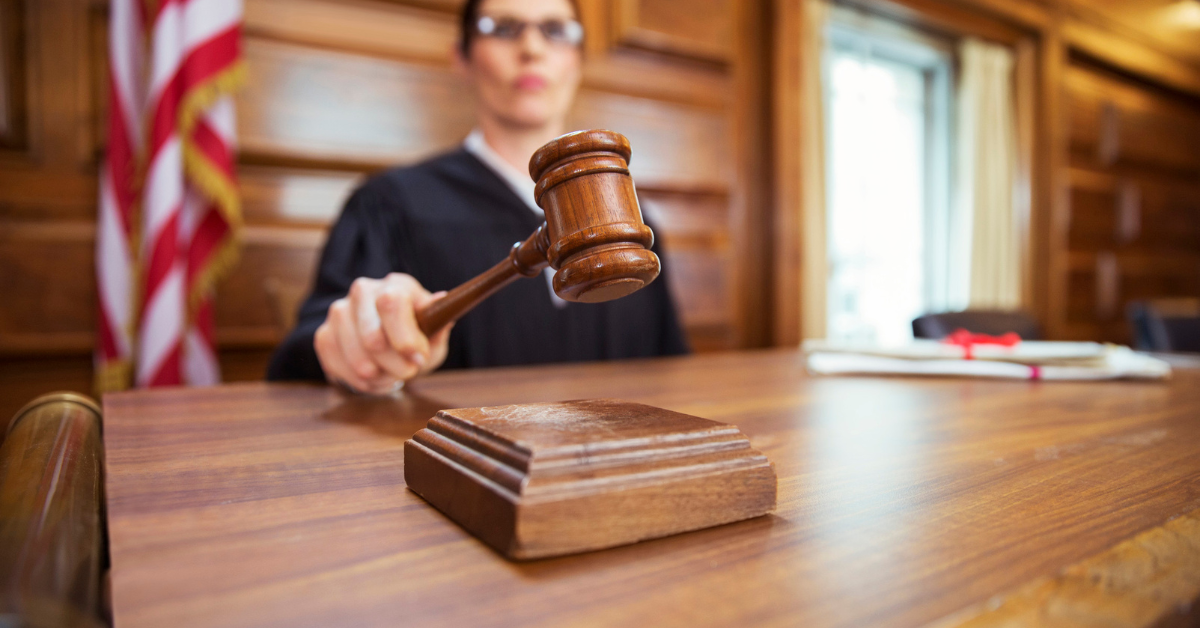Can You Get DUI Charges Dropped?
When you receive a Driving Under the Influence (DUI) charge, also called Operating Under the Influence (OUI), that is a serious offense in the state of Massachusetts. However, in some cases, DUI charges can get dropped, even before they go to trial, due to inadmissible evidence influential to your overall case.

Most commonly, a charge is dismissed before trial if the prosecution has made an error. If the legal protocol was not followed during an arrest or incorrect evidence has been provided, the judge may find that the legitimacy of the arrest for a DUI is compromised. The best way to determine if you can have your DUI charges dropped is to hire an experienced attorney who can help you analyze the evidence as well as weigh your options.
Unlawful Traffic Stop
The law in the state of Massachusetts clearly explains that law enforcement may not search without a warrant, arrest someone, or detain them on reasonable suspicion without probable cause to believe that they have committed a crime. The situation escalates from reasonable suspicion to probable cause when it is obvious that the crime has been committed and needs to be addressed. This applies to both felonies and misdemeanors as a way to protect citizens’ right to the Fourth Amendment.
With that being said, a police officer cannot pull you over, interrogate you, or search your car without clear evidence that they had reasons to believe you were operating under the influence. If they do this, the case can be fought in court and most likely beaten if the attorney can prove your innocence.
Inadmissible Evidence
If your attorney acquires the evidence provided by the police officer and can prove that it was obtained illegally, the state allows lawyers to suppress this information in court as an “exclusionary rule.”
For example, if law enforcement did not administer the arrest correctly, then the breathalyzer test results can be dismissed. Since it was unlawfully obtained, it does not need to be acknowledged in court.
In 2019, Massachusetts District Court Judge Robert Brennan declared most breathalyzer test results were “inadmissible.” The staff was not properly trained to administer the tests and had to undergo serious reforms. He vacated this decision in 2022, yet the problem remains that not every officer follows the protocol when administering the tests, and sometimes the results come out inaccurately. An experienced attorney can have these results thrown in a case depending on the situation.
Faulty Breathalyzer or Blood Tests
Not only does law enforcement make mistakes when administering breathalyzer or blood tests, but it is also possible that the tests themselves have flaws and can be fought in court. A variety of outside factors impact the test results like if someone has gastroesophageal reflux disease (GERD), had recently vomited, used mouthwash, and more.
As you can see, many aspects can impact your test results, and maintenance of the device itself is one of these. If routine maintenance is not being administered then that can impact a false positive. They must be calibrated on a daily basis so that the breathalyzer reads accurately. If these routine protocols for breathalyzers are not followed, then these factors can be fought in court by your attorney.
Massachusetts law does not allow improper testing or storage of blood or breathalyzer results. If there is a problem with the BAC testing or storage, such as mislabeling or contamination, your criminal defense attorney can fight to have it thrown in court.
Motion to Suppress Evidence
The Fourth Amendment protects a citizen’s right to refuse an unreasonable search and seizure done by a police officer. If they obtain evidence in violation of this, the defendant may file a motion to suppress to get the evidence thrown out.
The most common occurrence of motion to suppress in a DUI case is when there is an illegal traffic stop followed by unlawful blood tests. To lawfully pull someone over for a DUI, the police must have reasonable suspicion to stop them if they are not at a DUI checkpoint. If the stop was not justified, there is an opportunity for your attorney to fight the evidence and have it suppressed.
Dropping Charges at Preliminary Hearing
The trial you have after your arraignment is called a “Preliminary Hearing,” where the judge will determine what terms to set for the defendant before trial, like bail. There is a “Discovery Phase” during this hearing where the evidence is presented that can be used against you. If you have an experienced DUI attorney, they can fight to eliminate evidence and even dismiss your case if the right information is provided during the negotiation period.
If you have been charged with a DUI in Massachusetts, you need knowledgeable attorneys on your side to help you drop the charge. Bonville & Howard has the experience and expertise needed to build a strong defense for your case. Contact Bonville & Howard at your earliest convenience to learn about your options from Fitchburg MA DUI attorneys.
Disclaimer
The information contained in this blog is for general information purposes only. Bonville & Howard assumes no responsibility for errors or omissions in the contents of the blog.
In no event shall Bonville & Howard be liable for any special, direct, indirect, consequential, or incidental damages or any damages whatsoever, whether in an action of contract, negligence, or other tort, arising out of or in connection with the use of this blog or the contents of this blog. Bonville & Howard reserves the right to make additions, deletions, or modifications to the contents of this blog at any time without prior notice.
